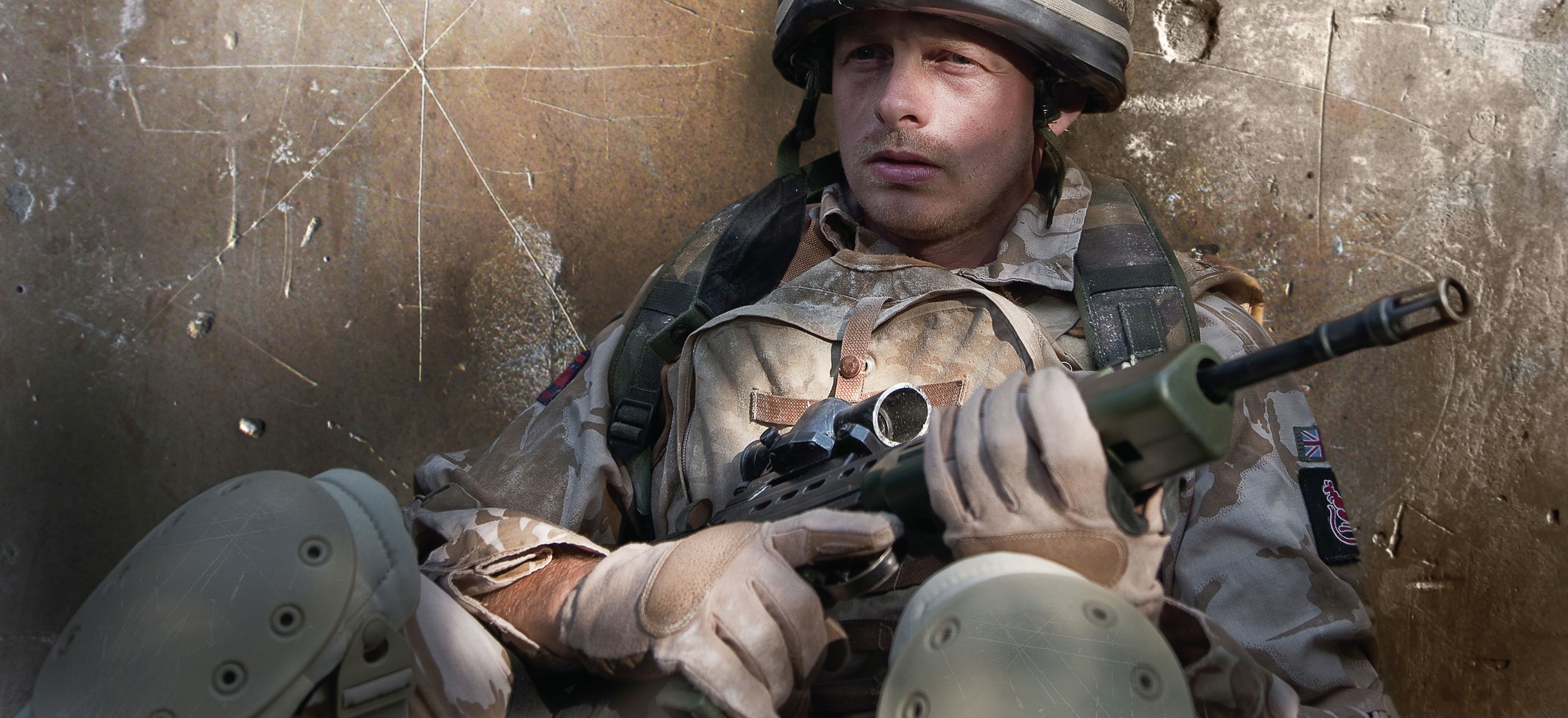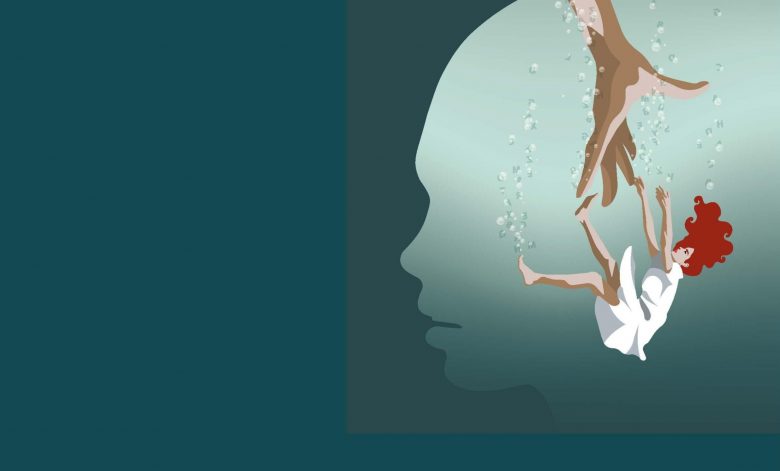
Mental health support in the UK has been defined by the need to care for soldiers. Without war and conflict, the routine treatments that are now day-to-day practice within the NHS and civilian practice would not exist. These developments stem back to the First World War (1914–18), before which psychiatric patients were only provided with the basic essentials of daily living. They were washed and fed, but few if any mental health treatments were available to help them. During the First World War, however, the requirement to ensure the stability of service personnel led to defined and tested military mental health doctrine.
The balance between success and defeat on the battlefield was small during the First World War, and it was vital to maintain the numbers of fighting troops at a maximum. Soldiers had to face new advancements in military technology based on radically different forms of attacking the enemy, such as high explosive artillery pieces, mines, chemical warfare and tanks. These enhancements exposed servicemen to levels of conflict that had never previously been witnessed. Soldiers were faced with impregnable defences, subjected to long periods of continuous bombardment, and witnessed horrendous forms of death to both friends and colleagues.
Your organisation does not have access to this article.
Sign up today to give your students the edge they need to achieve their best grades with subject expertise
Subscribe



